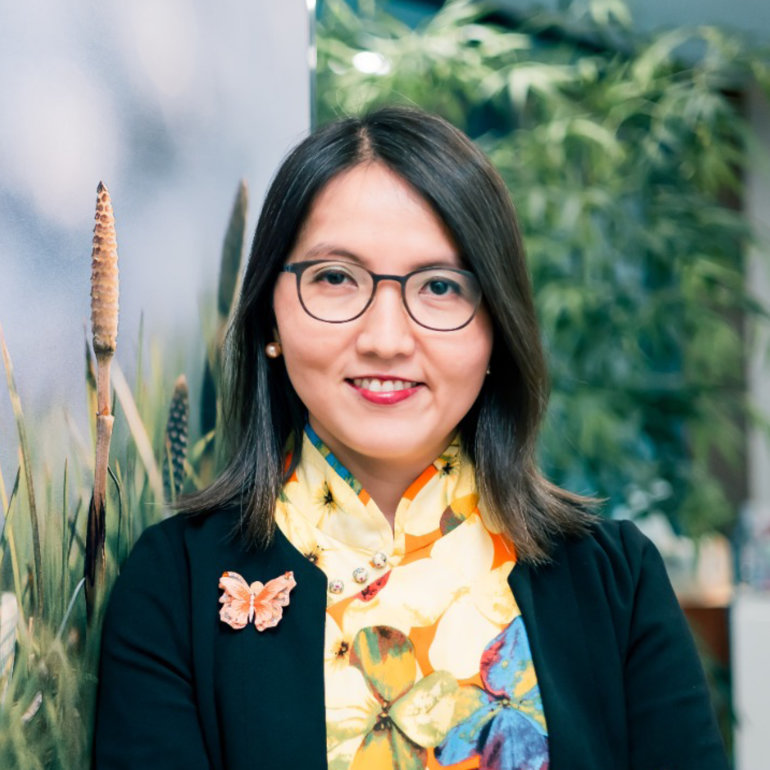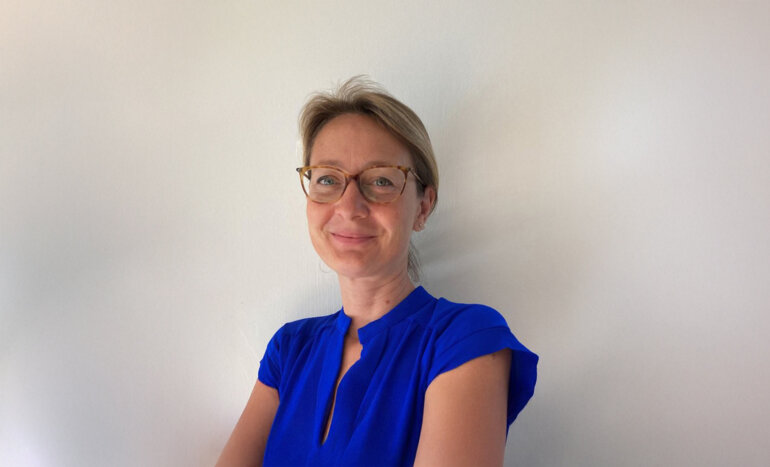Results from a pilot study show that work–family balance is the biggest challenge to career progression for young women
Over the years, female oncologists have been facing gender-related issues within the workplace. In 2016, an ESMO Women for Oncology (W4O) survey gave insights into the particular challenges facing female oncologists in career development, highlighting that work–family balance and access to leadership positions are key areas where support should be focused to help minimise gender gaps in leadership opportunities (ESMO Open. 2018;3:e000422).
To gain a better understanding of what the scenario in Asia is when it comes to gender balance, the ESMO W4O Committee extended this type of research and commissioned a pilot study to the Hong Kong W4O group to investigate in a more specific way conscious and unconscious gender biases affecting career progression among female oncology professionals in Asia.
The results from the qualitative focused group research show some discrepancies across career position levels in perceiving gender issues in the area: on one side, senior medical oncologists of both sexes think that there are equal opportunities for female and male oncologists among senior and leadership positions and that a relatively genderless society has been achieved; on the opposite side, female junior medical oncologists and those at mid-career level continue to highlight struggles with family commitments, and this is consistent with results from the European survey.
An ESMO W4O survey
In October 2021, the ESMO Women for Oncology Committee has run a follow-up survey to collect new data and assess how the situation has evolved over the years.
Oncology professionals from all over the world were invited to take the survey, contributing to give a detailed and global picture of the current situation of gender inequities and related issues oncology professionals must deal with at work. A manuscript reporting the results of the survey will be published on ESMO Open.
In traditional Chinese culture, women are regarded as the carers and are expected to look after the family, a duty not expected of men. This can cause conflicts for women who want to succeed not only in their careers but also in their roles as wives and/or mothers. It is interesting to note that the senior female oncologists who say they enjoy a good work–family life balance are those who have made the decision to put in extra time and effort to both aspects. These women regard this as a personal choice to be made by the individual. Family commitments also feed into the desire of women for more access to flexible and part-time working.
Requests for flexibility in working hours also highlight that more attention is given to equality rather than equity – the latter being key in creating the right professional environment that enables everyone to succeed, regardless of gender. In fact, not recognising a colleague’s gender, and the demands associated with that gender, can create dissatisfaction within teams. For example, the need for a woman to work part-time or to take time off, to deal with family issues might be regarded unfavourably by some colleagues. It could also lead to a potentially unconscious bias towards employing or promoting both male and female practitioners. The research also highlighted a generational aspect. Younger colleagues are more willing not to comply with the traditional roles expected of them, for example by getting married before they qualify for specialist accreditation, something that would not have been possible for earlier generations of Hong Kong women.
The results illustrate that there remains a need for education of male and female oncologists in Hong Kong surrounding gender bias. The key to a stable workforce depends on trying to recognise and address the needs of the individuals. Currently, this tends to be the remit of the local institution and its policies. However, results of studies like this one could help towards developing national systems to promote gender equity countrywide. We must also look at ways of helping female oncologists to help themselves, including implementing personalised mentorship programmes and education on strategies for coping with the conflicting demands of family and work.
Following the Hong Kong pilot initiative, extending the study to other Asian countries, including those with a traditionally more male-dominated leadership profile could release additional interesting results and allow to observe the effects of different cultures on the career opportunities for female oncologists and to help develop appropriate strategies to support women in their profession.
Don't miss:
Gender balance in oncology: Perspectives from Asia – a special session with ESMO Women for Oncology. ESMO Asia Congress 2022
Special Session 04.12.2022, h. 09:15 – 10:45, Room 324. Also watch the session on the Congress virtual platform.







